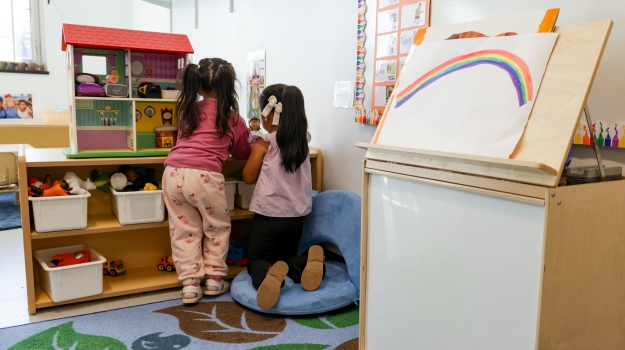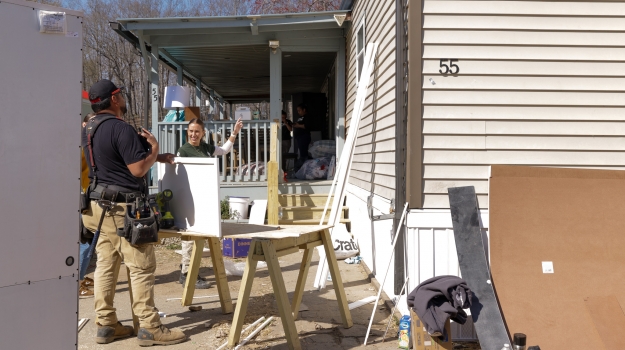“Increase our diversity and equity knowledge to strengthen our behaviors, practices and values.”
This statement is one of the thirteen objectives you will find in our recently approved, three-year strategic plan that will guide our work in 2018-20.
Learning and Taking Action
What our DEI plan will look like in practice is still being developed by both our staff and our board. Among the activities that have already begun or are about to include:
- We currently devote 12 of 24 staff meetings a year to intentional discussion on moving our work forward using a lens of DEI. Six of those sessions are opportunities for training and deeper learning and six are of a more strategic nature to progress the work forward.
- Ten members of our staff have already attended local training sessions run by the Racial Equity Institute (REI) and we’ve made a committment to ensuring that the rest of our staff and board do the same in the coming year
- We have joined a growing list of local (and international) organizations using the "Global Diversity and Inclusion Benchmarks" assessment tool. This tool employs a comprehensive set of questions and resources to allow us to examine our inward and outward facing work, and develop clear, concrete steps to enhance and improve both. This tool will be used by our staff and board to make strategic decisions about our work in the years to come.
Why DEI? Perspectives From Staff
We asked our staff to share what they thought about Diversity, Equity and Inclusion work, and if they felt it is important to the work we are doing in this community. While we recieved a resounding YES to the importance of DEI to the manifestation of our work and mission, here are just a few examples:
-
It is the right side of history to be on.
-
Diversity, equity and inclusion IS our work. It is the lens through which we must view our interactions with anyone in the community. As we grow as individuals and as an organization in our knowledge and understanding of historical inequities inherent in the systems in which we participate, we have to work to actively dismantle those inequities. One of our roles as UWABC is to ensure that those whose voices have been ignored or drowned out in the past have a seat at the table and can share power.
-
Behind the statistics of need within education, income and health there are real people. And for those real people, a disproportionate number are people of color. If our purpose is to reduce the impact that poverty has on the lives of our neighbors, we can't continue to do this without addressing the role that institutional racism plays.
-
We have to be willing to explore what in the work of United Way is visibly, or invisibly, contributing to the power of institutional racism in our community. We have to be willing to be uncomfortable and not become defensive. We need to explore what it looks like to work on issues that we do not lead and that don't run in the ways we might run them. In order to do this, we must individually and collectively work on diversity, equity and inclusion.
-
It is only possible to "Live United" when all people who exist in our community are treated as full members of our community. That can only happen when we first understand and then seek to disrupt the historic and ongoing lack of diversity, equity, and inclusion that has existed in our community with regard to decision-making power and access to resources.
-
Community school initiatives across the country worked together for over a year to create best-practice/goal-star standards for implementation. The foundation of this work is the pursuit of equity: "Educational excellence and equity are inseparable. Community schools work actively to identify and confront policies, practices and cultures that that keep students of different backgrounds and races from achieving equitable outcomes. Community schools proactively and intentionally empower those typically dis-empowered by barriers to participation and academic achievement.
-
It is essential that we value and promote diversity....and equity...and inclusion among our staff, Board and volunteers. Anything less would contradict the work we are trying to do.
Categories


